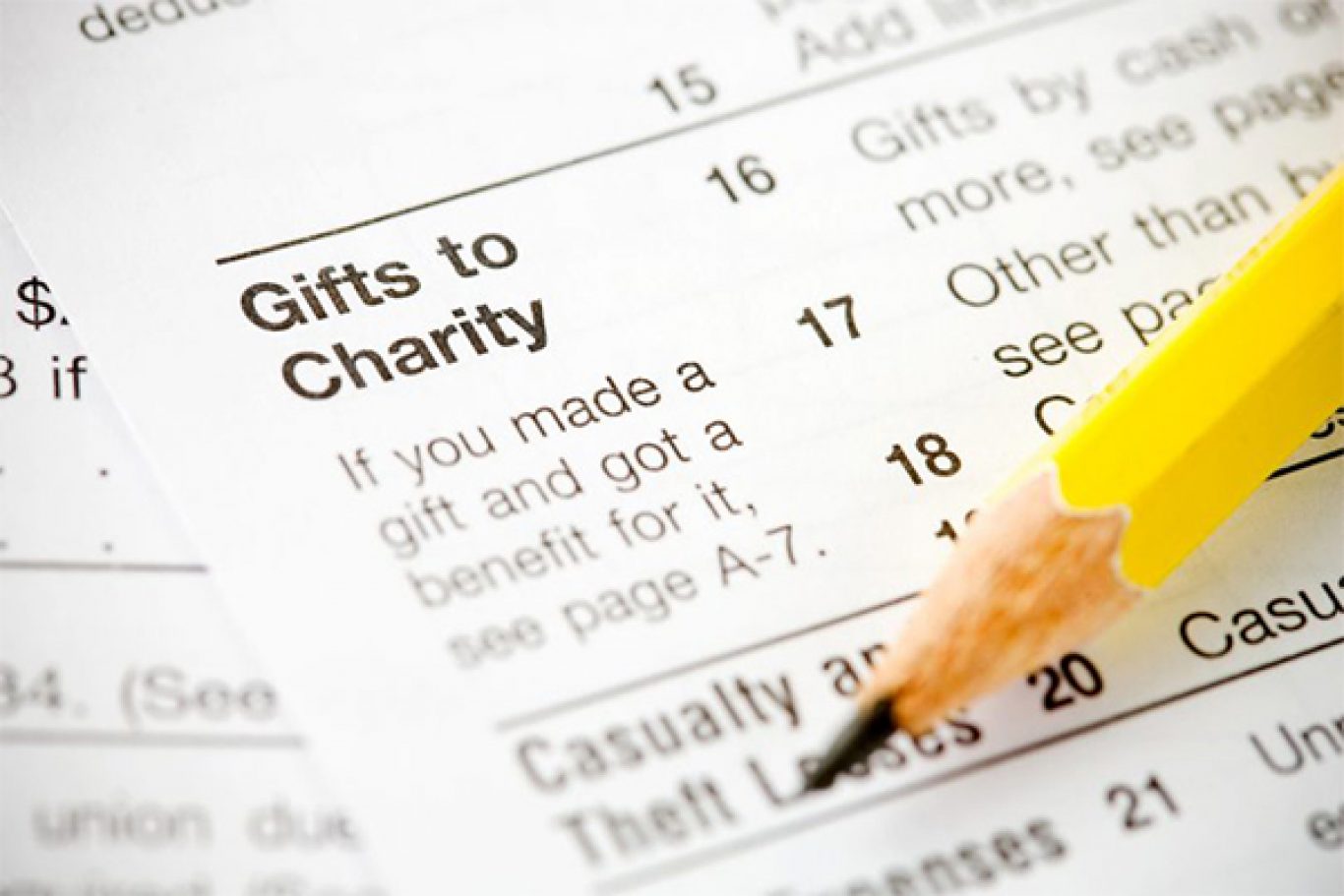Noticias
Federal Action Shifts Rules for Charitable Giving
Federal Action Shifts Rules for Charitable Giving
The economic stimulus and coronavirus relief packages that recently passed congress include measures that provide many donors with greater flexibility in their giving. The changes increase the amount that can be deducted from federal taxes — including 100% deductions for those who itemize cash gifts to public charities and up to $300 for those who don’t itemize.
Below are edited excerpts from the New York Times’ helpful FAQ on the impact of congressional action.
Question: I want to help people who are suffering from the pandemic. Does the legislation do anything to influence charitable donations?
- Answer: Yes! These bills make a new deduction available — and not just for 2020 — for up to $300 in annual charitable contributions. It’s available only to people who don’t itemize their deductions, and you calculate this new benefit by simply subtracting the amount you give from your gross income. To qualify, individuals must donate cash to a qualified charity (not to a donor-advised fund). If you’ve already given money since Jan. 1, that contribution counts toward the $300 cap.
Question: Have the limits on charitable deductions changed?
- Answer: Yes, they have! As part of the bill, donors can deduct 100 percent of their gift against their 2020 adjusted gross income. Even if you have $1 million of income, you can give $1 million to a public charity and deduct the full amount in 2020. The new deduction is only for cash gifts that go to a public charity. Old deduction rules apply should you give to your private foundation. You do not get the higher deduction for donating cash to your donor-advised fund. If your assets are substantial enough that you can give more than your income this year, you won’t lose the deduction for the excess amount. You can use it next year.
